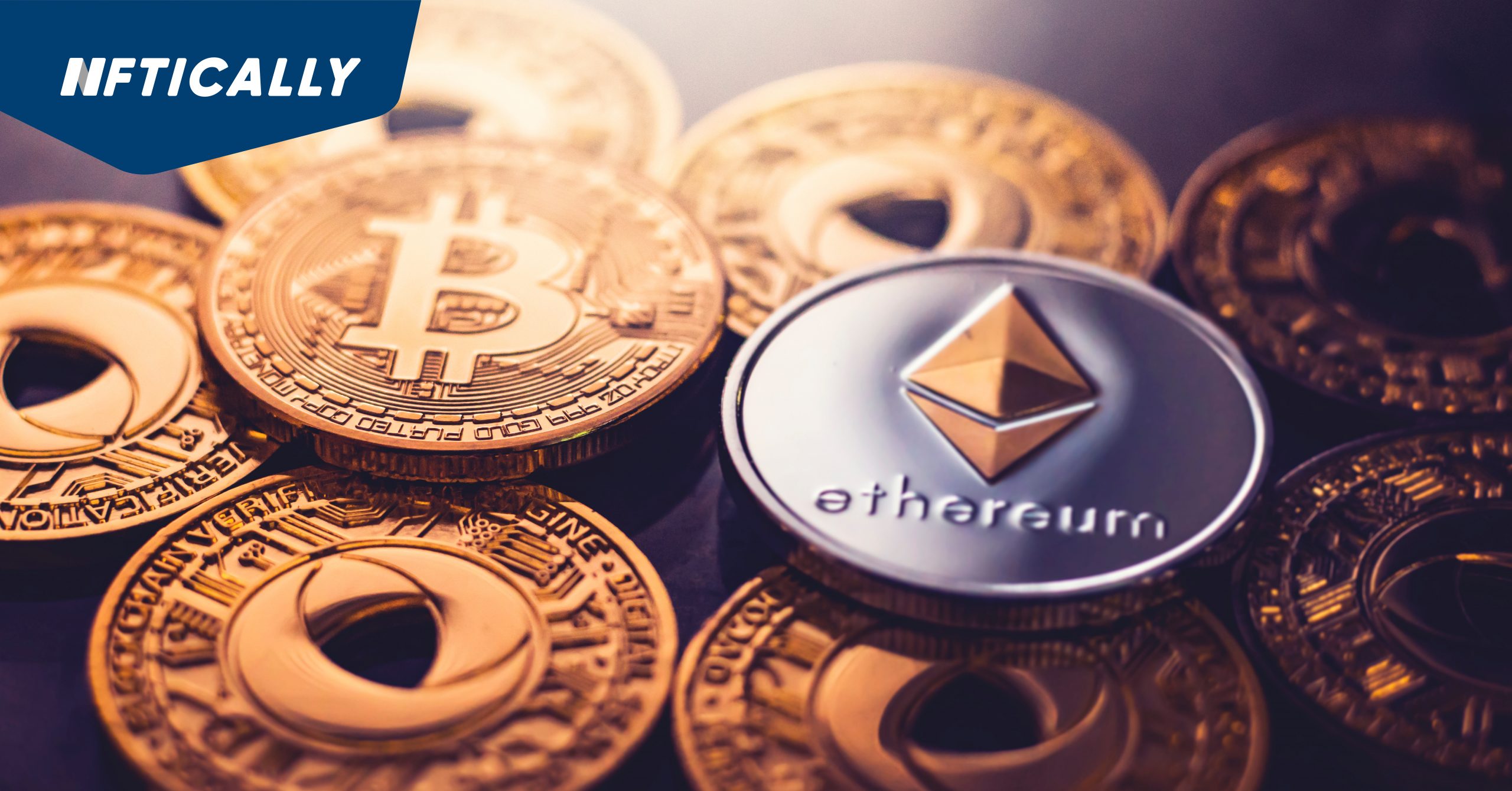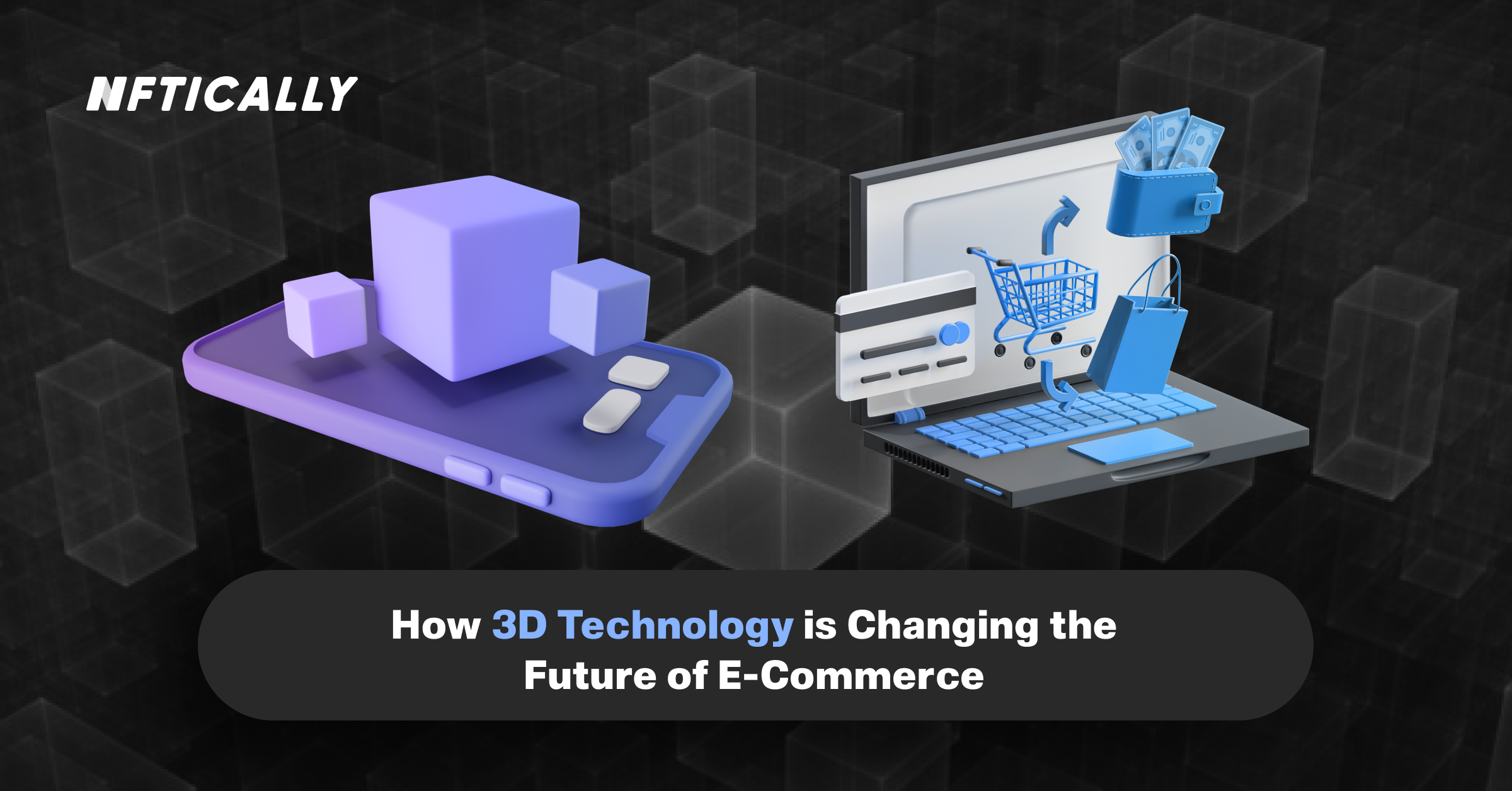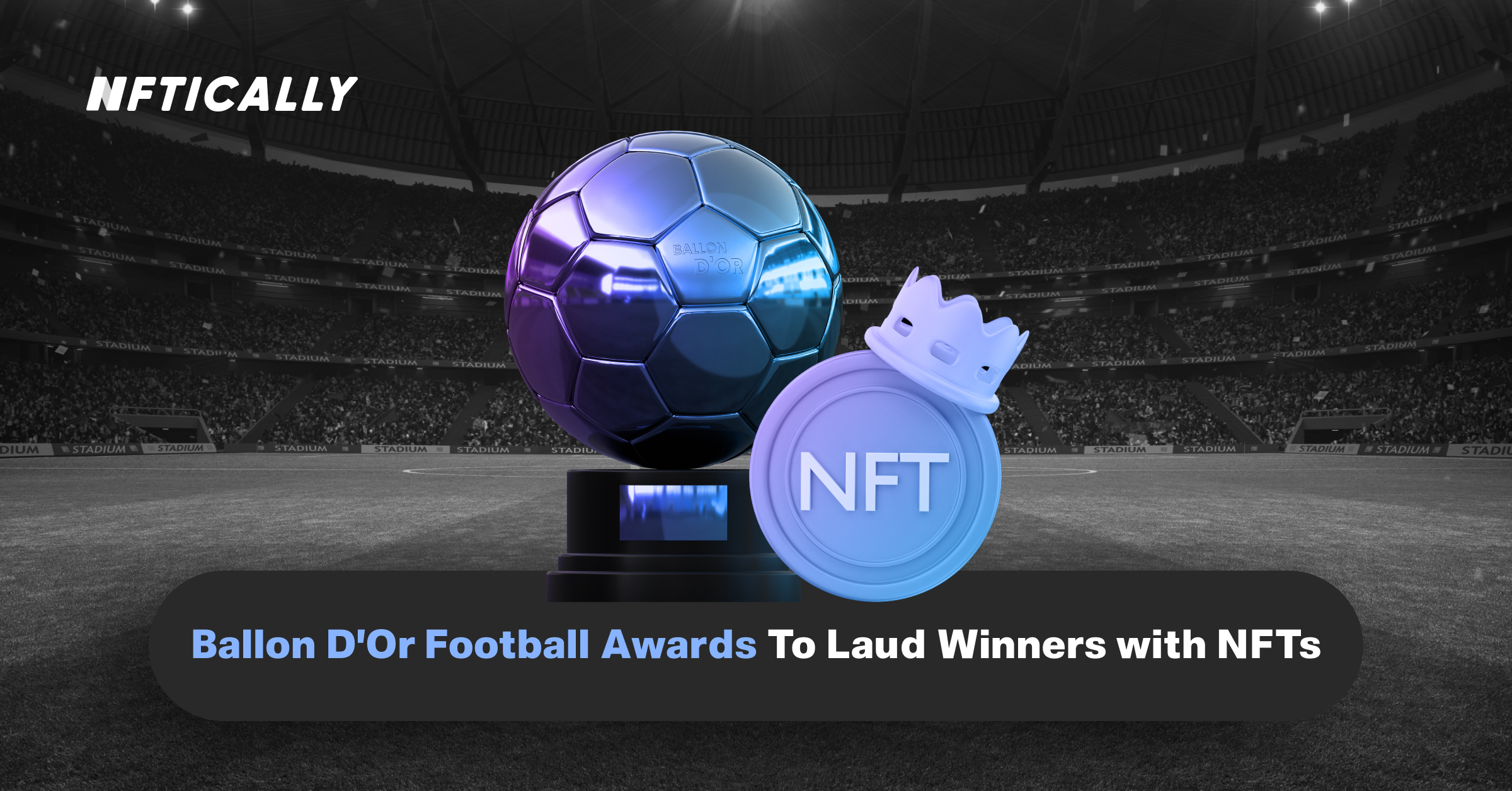- Uncategorized
- January 28, 2022
What are Utility Tokens?

Blockchain technology is proving its potential in disrupting industries, making it possible to introduce a wide array of new business models. A token is a common term in the world of cryptography and blockchain which has aided their success. It is a means of exchange that adds value to a transaction and represents non-cash assets such as voting rights or ownership stake. This article aims to shed light on utility tokens.
What is a utility token?
Utility tokens are tokens that most crypto companies use during an initial coin offering (ICO). A utility token provides access to a specific service or product using blockchain technology. Some operations on the network of an altcoin may need a utility token.
The holders of many utility tokens receive special services or preferential treatment, like a discount at a startup’s product launch. As an example, one of these products might be a software package or a platform for software-as-a-service (SaaS).
As per William Mougayar, utility coins have six functions, namely:
- Exchanging: Trading value for services such as decentralised storage.
- Bestowing: By the virtue of ownership, an individual can have the right to own or use a product.
- Functioning: Providing users with rewards for certain actions, thereby improving user experience.
- Tolling: Users may need to pay a fee for using the blockchain infrastructure or using other services.
- Earnings: Utility tokens can find their use in distributing and sharing earnings of certain things.
- Currency: As an alternative to traditional financial payment methods inside or outside of the blockchain.
Example of utility tokens
Some of the popular utility tokens include:
Basic Attention Token (BAT): Brendan Eich, the co-founder of Firefox and Mozilla, is one of the founders behind Basic Attention Token (BAT). The project aims at improving the security and efficiency of digital advertising. BAT achieves so by rewarding users for their attention and compensating advertisers with good returns for their ad spending.
Chainlink (LINK): Chainlink is a platform powered on Ethereum that operates a decentralized oracle network. Using this network, smart contracts on Ethereum can securely access external data sources, APIs, and payment services. Professionals like node operators, researchers, data providers, smart contract developers drive the Chainlink network.
Binance Coin (BNB): Binance Coin is the native token that aids in paying the transaction fees on the Binance crypto exchange. This exchange-based token is an integral part of powering all the sub-projects of Binance such as Trust wallet, Binance Smart Chain, Binance Chain, and research projects.
Ziliqa (ZIL): Ziliqa is a token based on the concept of sharding. It aims at improving the scalability of cryptocurrencies such as Ethereum. Its high throughput focuses on high speed, decentralisation, and security. The Ziliqa ICO was a proof of its demand and how it can add to the blockchain technology.
Takeaways
Blockchain technology has been successful in large part thanks to the use of tokens. Utility tokens can be used for many purposes and have different uses. They can facilitate seamless transactions over a blockchain, allow payments for decentralized services, and fund project development, among other things.
The core takeaway about these tokens is that they allow the owners to perform some actions with their specific tokens. These actions, are defined as per creator regulations are criterias, or simply according to user preferences.
NFTically is a B2B SaaS and platform that helps digital creators of all kinds to launch their own white-label NFT store in a matter of minutes. Visit our website, join our Discord or Telegram and become a part of our growing community.
Related Posts

How 3D Technology is Changing the Future of E-Commerce
3D e-commerce is jeans from every perspective. It is the ability to mix and match shoes, dresses, coats, or belts; to explore the nooks and crannies of an entire home; and to capture the most…
- March 18, 2023

Ballon D’Or Football Awards To Laud Winners with NFTs.
Did you know that the NFT (Non-Fungible Token) sports collectibles market is slated to reach a whopping $2.6 billion in 2022. But, what is the reason behind their massive popularity and huge demand? Sports NFTs give loyal…
- September 29, 2022
Recent Posts
- Revolutionizing AI Clones: Sunny Leone Teams Up with Kamoto.AI for an Unprecedented Debut
- The Evolving Landscape of NFTs: A Glimpse into 2024
- NFT Trends to Shape 2024: A Deep Dive into the Future of Digital Assets
- The Gaming Revolution: NFTs Level Up the Player Experience
- NFTs and Intellectual Property Rights: Navigating Legal and Ethical Challenges
Recent Comments
Archives
- January 2024
- December 2023
- November 2023
- October 2023
- September 2023
- August 2023
- July 2023
- June 2023
- May 2023
- April 2023
- March 2023
- February 2023
- January 2023
- December 2022
- November 2022
- October 2022
- September 2022
- August 2022
- July 2022
- June 2022
- May 2022
- April 2022
- March 2022
- February 2022
- January 2022
- December 2021
- November 2021
- October 2021
- September 2021
- August 2021
- July 2021
Categories
- $ECOM
- 3D NFTs
- AI Characters
- Airdrpos
- Bitcoin
- Blockchain
- Blockchain Technology
- Buy NFTs
- Buying
- Crypto Collectibles
- Crypto Wallet
- Cryptocurrency
- Cryto Mining
- Digital Art
- Digital Assets
- Ethereum
- FAQs
- Features
- Generative Art Nfts
- ICO
- Invest in NFT
- Learn
- Metavatars
- Metaverse
- Minting
- NFT
- NFT 2.0
- NFT Art
- NFT Art Finance
- Nft auction
- NFT Communities
- NFT Crypto
- NFT crypto art
- NFT Drops
- NFT Games
- NFT gaming
- NFT Marketplace
- NFT Memes
- nft project
- NFT Royalties
- NFT Staking
- nft stocks
- NFT Store
- NFT Taxes
- NFT Trading Cards
- NFT Wallet
- NFTICALLY
- NFTs
- Non fungible tokens
- Non Fungile Tokens
- Ordinal NFTs
- Physical Assets
- Press Release
- Selling
- Solution
- Stablecoins
- Store
- Tensor Nfts
- Top Cryptocurrencies
- Uncategorized
- Web 2.0
- Web 3.0
- white label nft marketplace

